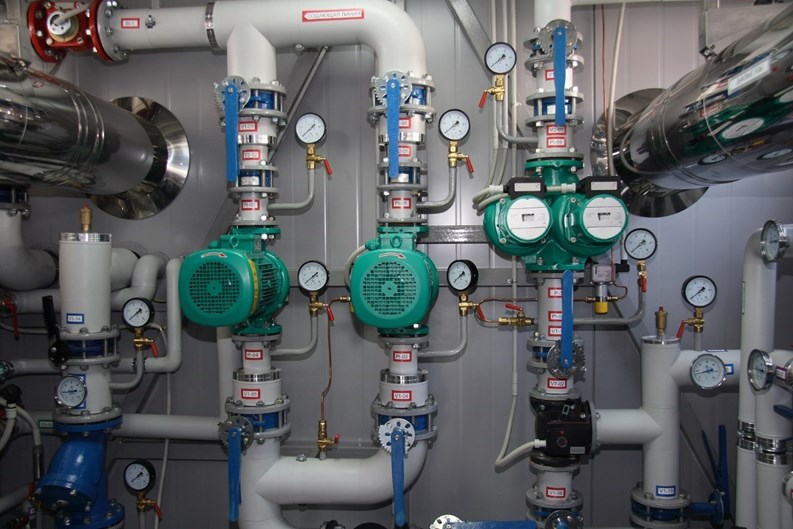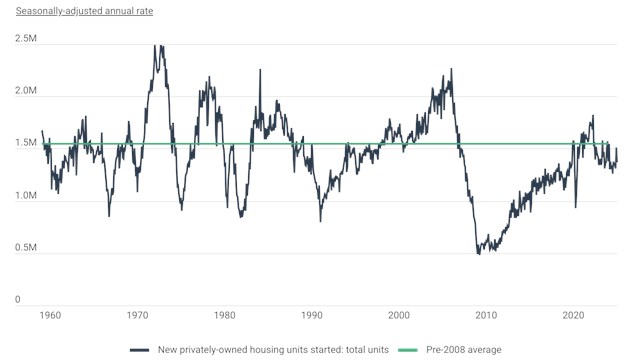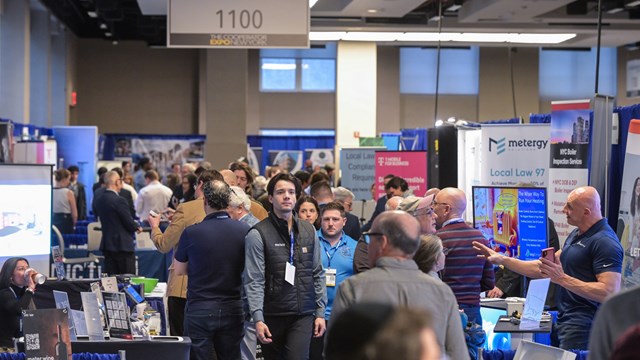Modern cities are amazing creations, pulsing with life 24 hours a day, and built to cater to every need of residents. Take away just one of any city dweller’s basic necessities like plumbing, electricity or heating and air conditioning, though, and the big city quickly becomes a nearly unlivable concrete jungle.
The discomfort and inconvenience of being stuck without plumbing or heat for just a few days can seem unbearable to many people. Sometimes these inconveniences are just part and parcel of life in New York. But often, energy stoppages can be avoided.
Murphy's Law might suggest that a condo or co-op building’s boiler will inevitably break down on the coldest, snowiest day of the year and leave all of the residents freezing. But even Murphy can be foiled if you understand the workings of your building’s boiler and its maintenance needs. Knowing those basics will help ensure that you’ll never need to use the electric space heater stashed in the back of your closet.
Revving Performance
“The boiler room is the heart of the building. The loss of heat, hot water or air conditioning can and will create some unhappiness in any property, especially in high-end buildings,” says Michael Hummel, operations manager at Boiler Mobile, Inc. in Whitestone.
Boilers are machinery that are in near-constant use when they are needed most and, like any equipment, sometimes they have problems. But regular maintenance can prevent many of those problems, such as when a boiler is not cleaned properly or regularly and residue builds up in the equipment.
To prevent excessive residue accumulation, a building’s superintendent or chief engineer can open the boiler’s blow-down valve for a few seconds each day, which cleans out the residue. A boiler’s motors should also be cleaned and lubricated monthly.
A building’s superintendent also should clean an oil-burning system’s oil strainer once a week. If this task is not done, dirt will clog the strainer and shut down the system. The super should visually inspect the boiler at least weekly, though some pros suggest checking it daily. When checking the boiler, remember to also inspect the bolts on the pump, check the water level and always check for oil leaks or water leaks.
A new boiler should last 15 to 20 years. However, lack of proper maintenance will shave years off the average life, experts warn.
Common Boiler Problems
Richard Blaser, president of New Rochelle-based Atlas Welding & Boiler Repair, says the primary problem in boilers is water leaks. If the leaks, which are caused by corrosion, are not taken care of immediately, they result in other major problems, such as a cracked or deteriorated high-temperature refractory (a wall made of a material such as tile and used for insulation).
Water circulation issues and sediment buildup can also lead to boiler problems. Corrosion at piping connections, flue pipe erosion due to acidic fumes in the flue, a blocked flue due to nests or bricks in the chimney, or blocked flues on direct-vent heaters due to things being placed against them also lead to boiler problems if not properly treated.
Many water treatment companies offer services of regulating and maintaining the water in the system, and achieving its optimum chemistry. Symptoms of problems with a boiler could be excessive sediment in the boiler and lack of heat transfer. ‘Scale’ or sediment buildup on the boiler tubes or the burner will make the equipment work improperly and can cause soot accumulation, which lowers efficiency and can become a fire hazard.
With proper maintenance, a boiler can last for decades. But because the machinery uses water, which is corrosive, boilers must be regularly checked for leaks or malfunctions. Ideally, the superintendent and the boiler servicing company should work together to keep an eye on all of the boiler system’s parts, including the radiators.
“The maintenance people or the supers, their levels of experience vary. Some of them can perform most of the maintenance, many of them cannot,” Angel Gonzalez, new equipment installation manager at Petro Heating and Air Conditioning Services in Maspeth, says. “Overall, [superintendents and building engineers] should at least be able to do a visual inspection. Many of them are capable of cleaning and replacing filters—that's a routine they have to keep. It varies again, some every week, some every two weeks, depending on the grade of the fuel.”
Boiler servicing companies can also teach the building’s super or any other employees who oversee the boiler’s operation how to troubleshoot the system. Some service companies will provide this training when they install a new boiler, or when a new building super is hired for the building.
Boiler systems need a watchful eye because even a few pinhole leaks could escalate into a dozen tiny leaks, eventually draining away a building’s reserve funding.
Boilers should also be regularly treated chemically to neutralize any corrosive agents that are coming into the system from the water. The boiler’s water should be tested and chemically treated at least six times per year, depending upon the type of boiler. Chemical treatments are essential because they neutralize the oxygen content in the system, which is important because oxygen also is a corrosive agent. Excess oxygen in the system means faster corrosion of the equipment.
While the frequency of these treatments depends on the boiler type, the need for these treatments depends also upon how heavily the boiler is used. The more frequently a boiler is operated, the more chemical treatments it will need.
Winter Preparations and Annual Inspection
With winters as nasty as they’ve been recently, having the boiler working efficiently is essential. No one wants to wake up in a cold room and feel stuck there with the heater broken down. A thorough pre-winter maintenance visit by a professional will ensure that this won’t happen. This annual servicing of a boiler should be done before the cold weather season begins, preferably in the summer before heat season begins. Under New York City regulations, the heating season runs from October 1 to May 31.
“Depending on the grade/type of fuel, at the very least, boiler cleanings and burner overhauls should be done annually,” Hummel says. “No. 6 oil burners are slowly being removed due to conversion regulations. No. 6 oil equipment and some of the older dinosaurs may require more frequent boiler cleanings. Of course, boiler room conditions and the daily maintenance of such equipment will have a direct effect on equipment operation and efficiency. The same applies for No. 4. oil. No. 2 oil & gas require less attention but should be checked regularly.”
Pre-winter maintenance should start with a thorough brushing out, vacuuming and cleaning of the boiler. The smoke pipe and chimney should be cleaned at the time and the boiler should be inspected for any signs of leaks. Leaks should be repaired and worn parts replaced during an overhaul of the burner. Finally, the burner should be fired off and tested to verify that it is working properly.
At least annually, a boiler should be cleaned by a professional, including vacuuming the fireside of the boiler to remove soot and ensure the machinery will run efficiently, Gonzalez says.
During the annual servicing, a boiler’s oil burner should be overhauled. This involves breaking down the oil burner and checking all of its operating parts and replacing worn parts that are likely to fail, before they become a problem. A boiler’s efficiency should also be tested at that time.
In addition to checking the boiler’s water level, a technician should skim the boiler if needed. “Skimming” is the practice of overfilling the boiler, boiling the water and then opening the boiler. If any oil or sediment is in the boiler, it rises to the top and is pushed out.
Pressure controls, the pilot light and all flame controls should also be checked to ensure proper operation. Next on the to-do list is a combustion test and checking the draft in the chimneys to make sure they are drawing properly. If the flame isn’t burning properly or the chimneys aren’t drawing properly, it could produce a dangerous amount of carbon dioxide.
While maintenance and timely servicing is essential, state mandated inspections are a must.
Under New York law, high-pressure steam boilers must have an internal and external inspection once a year. High-pressure hot water boilers must have an internal inspection every three years and an external inspection every year. Low-pressure steam boilers must be checked internally every three years and externally every two years. Lastly, low-pressure hot water boilers must be inspected internally every five years and externally every two years. While there are no statewide boiler operation licensing laws, inspectors must hold a Certificate of Competency , renewable annually and issued by the Boiler Safety Bureau, part of the New York State Labor Department Division of Safety and Health. New York City’s Department of Buildings’ also have a Boiler Division to oversee inspections and licensing.
Whatever type of boiler system keeps your building warm, be sure to have it serviced and checked out if it hasn’t been done already. After all, Old Man Winter is just around the corner. And while winter preparations are on everybody's minds right now, maintaining boilers during summer months is as equally vital, Gonzalez stresses.
“If you're using the boiler for hot water and not heat, the boiler is still in use during the summer months. It may not run as many hours, but it's still running everyday,” Gonzalez says. “So regular maintenance they do during winter months—maintaining the filters, low water cutoff, draining the boiler, visual inspections, things of that sort, they still have to maintain that during the summer months. The summer months though, is when they need to consider doing their annual maintenance to get those boilers ready for the heating season.”
Jonathan Barnes is a freelance writer and frequent contributor to The Cooperator. Editorial Assistant Enjolie Esteve contributed to this article.







Leave a Comment